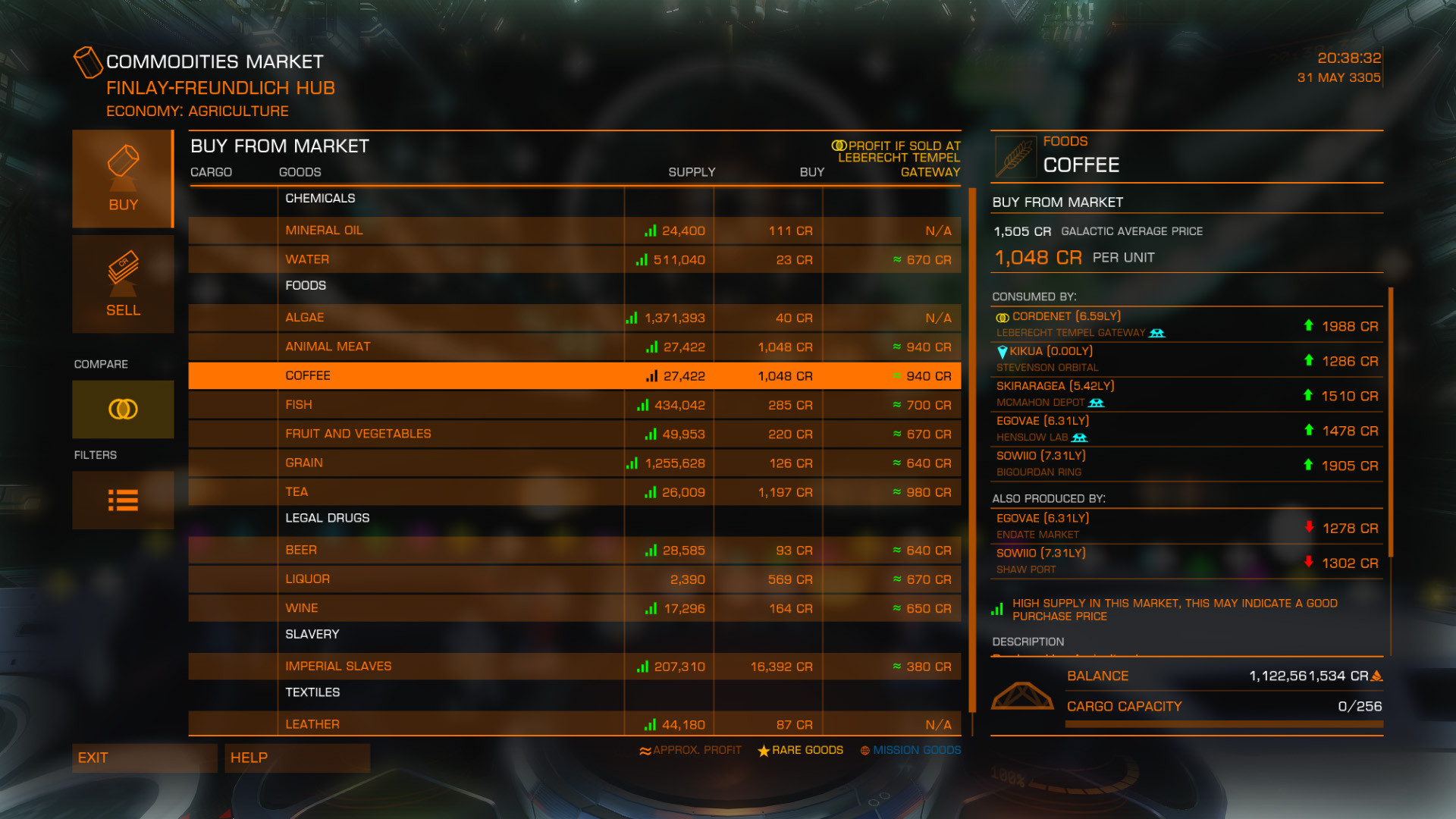It depends on your world
The big question — that you need to answer yourself — is:
Is there fiat money or not?

Science fiction fiat money (image credit: Midjourney AI)
Fiat money is currency that has no intrinsic value, it only represents value.
In order for fiat money to work, there needs to be some kind of centralisation or at least some kind of framework that dictates what value this currency represents. In the world today, within one economic zone, this is usually handled by some kind of central bank.
The value of different currencies in relation to each other is what we typically call the exchange rate. This can be governed both centrally, and by the market.
So, follow-up questions:
- Is there perhaps one big currency used by all interstellar systems, like in the Elite franchise?

The Elite setting uses the same currency everywhere, called "Credits" (image source)
Or does your "world" have any kind of economic zones, with centralised government of the money in these zones, but not throughout the whole setting, kind of like Earth today, where there are different currencies that can be national or regional, where some currencies where "everywhere" and some not.
Or is there no trade of money, and instead only commodity/service/goods trade?
All of the answers to these question, only you know. Only you can tell what kind of interplanetary governance exists.
And then there is the other big question...
Is money even needed?
Currency exists because of scarcity. Scarcity means that value is limited. Currency exists to manage the value, and maintain some inertia in how value is traded, and to allow the different traders to maintain control over their acquired value.
However...
What if the value is not limited, or if it is irrelevant?
In a post-scarcity economy, money is not needed, because the amount of value that is so large that withdrawing some does not deplete the available amount, or people simply do not care about "losing" such value.
One example of this kind of commodity is air. We can refine air and create goods with it...
- Carbon dioxide
- Dry ice
- Liquid nitrogen
- Noble gasses such as argon
On Earth, we have since the start of industrialisation taken our first steps towards post-scarcity. You notice this in how the grand-parental and great-grand-parental generations of today refrain from throwing things away and instead save their goods, because that is what they were taught: goods and commodities are scarce, and if you do not save and fix them, you might lose them.
Younger generations know there is always more to be had, so we acquire, use, and throw away / recycle instead.
In summary
There is no singular answer to your question without knowing these things:
Is there scarcity or post-scarcity?
Are there centralised governance of economics zones that extend beyond planetary nations / planetary federations / planets / planetary systems? How far out do they extend?
Is there a money trade between these economic zones, or are there only services / goods / commodities being traded?
How diverse is your "world"? Is there a spectrum, where — at the one end — you have thriving post-scarcity utopias, and — at the other end — you have struggle-for-survival subsistence economies?
I hope this helps in making you ask the right questions to yourself, and thus allow you to shape the economy/economies of your "world". :)


